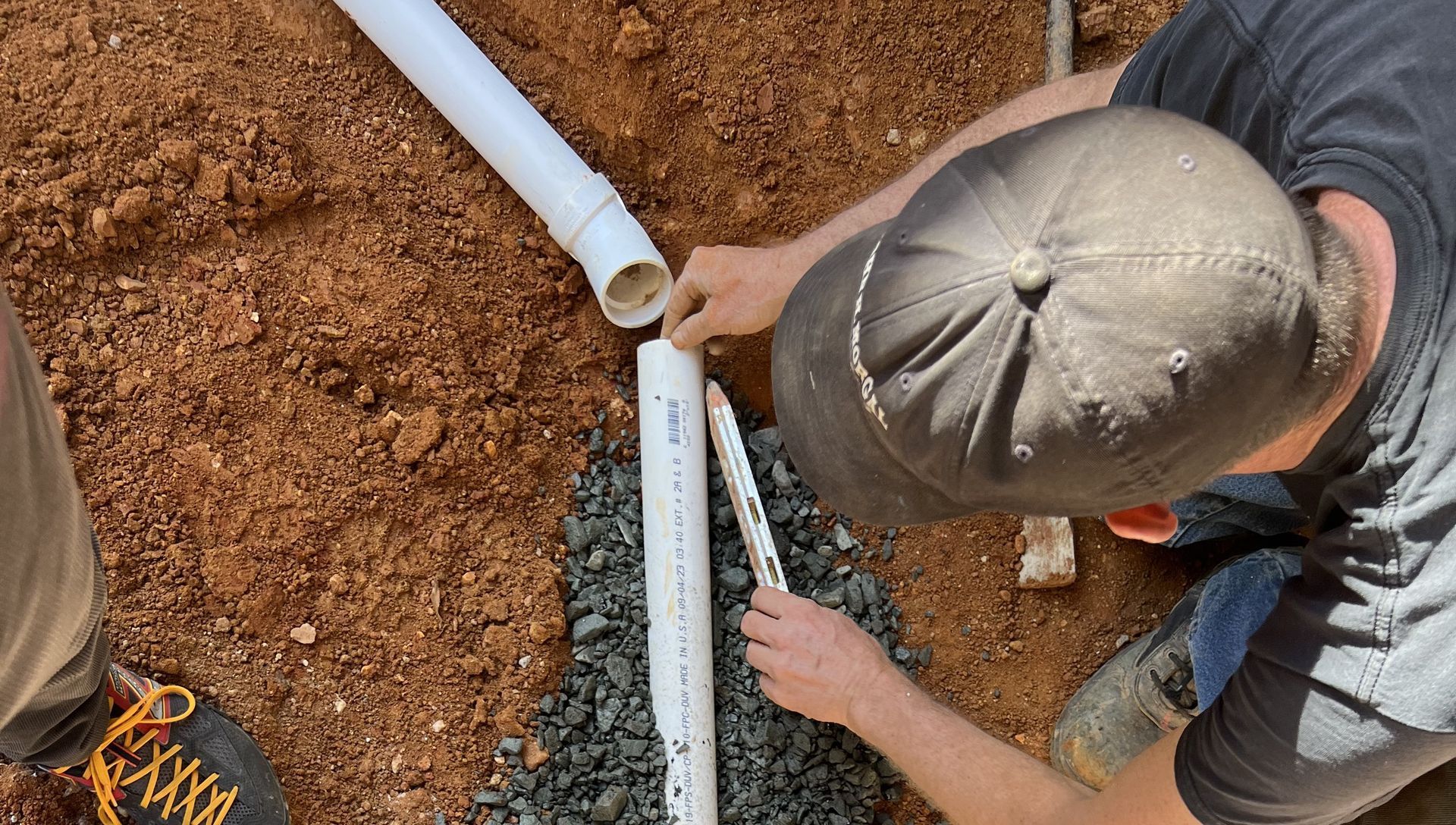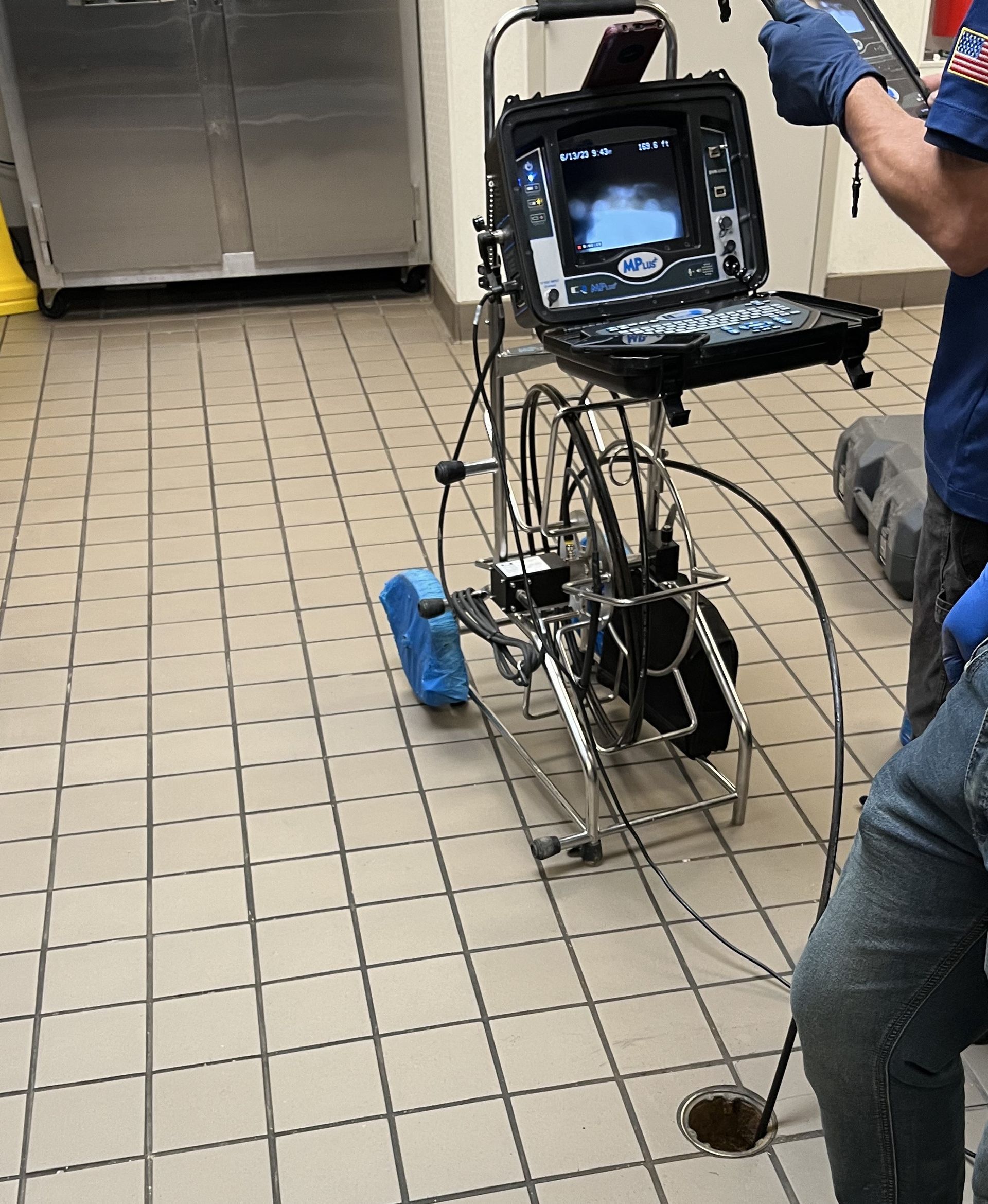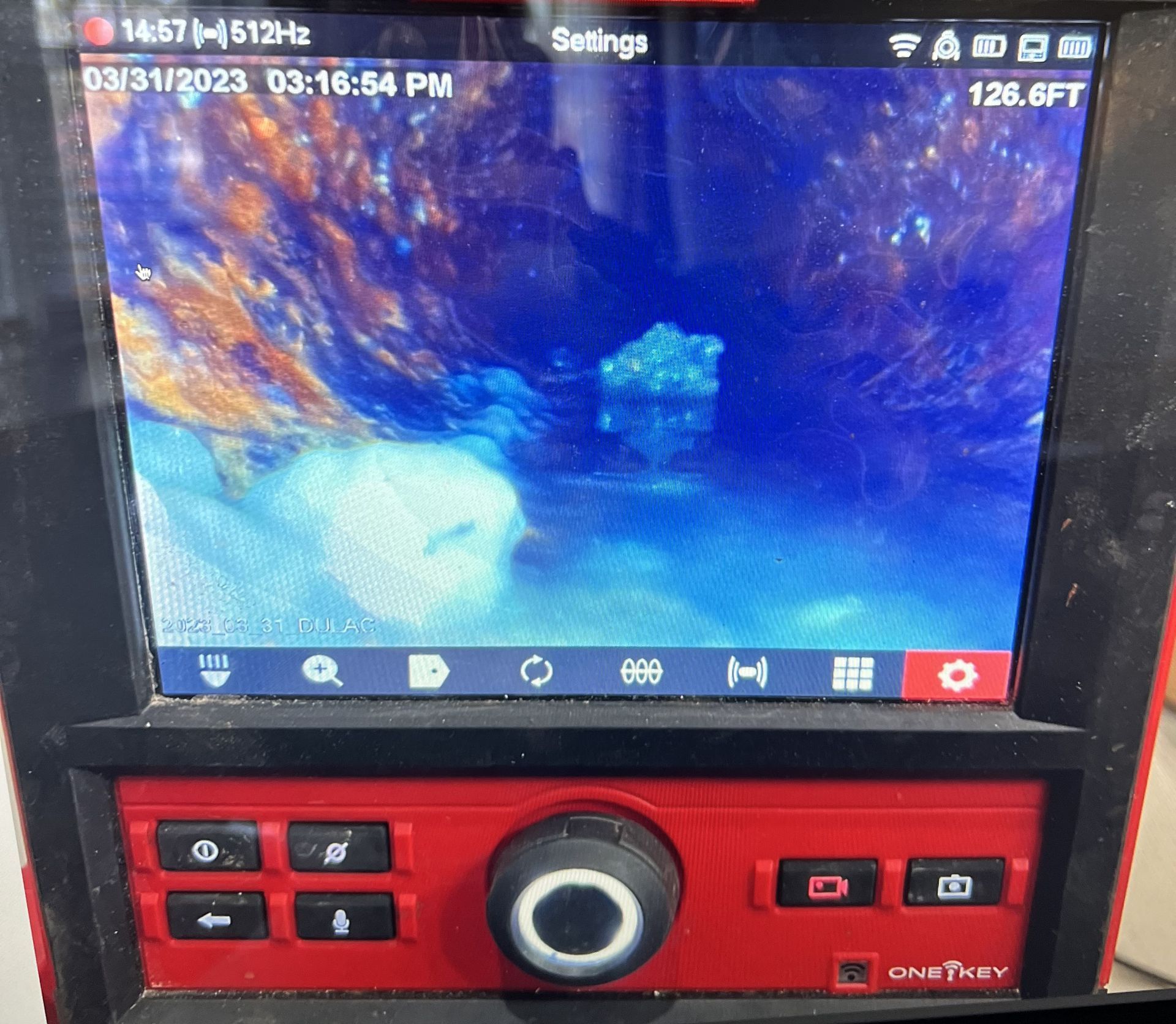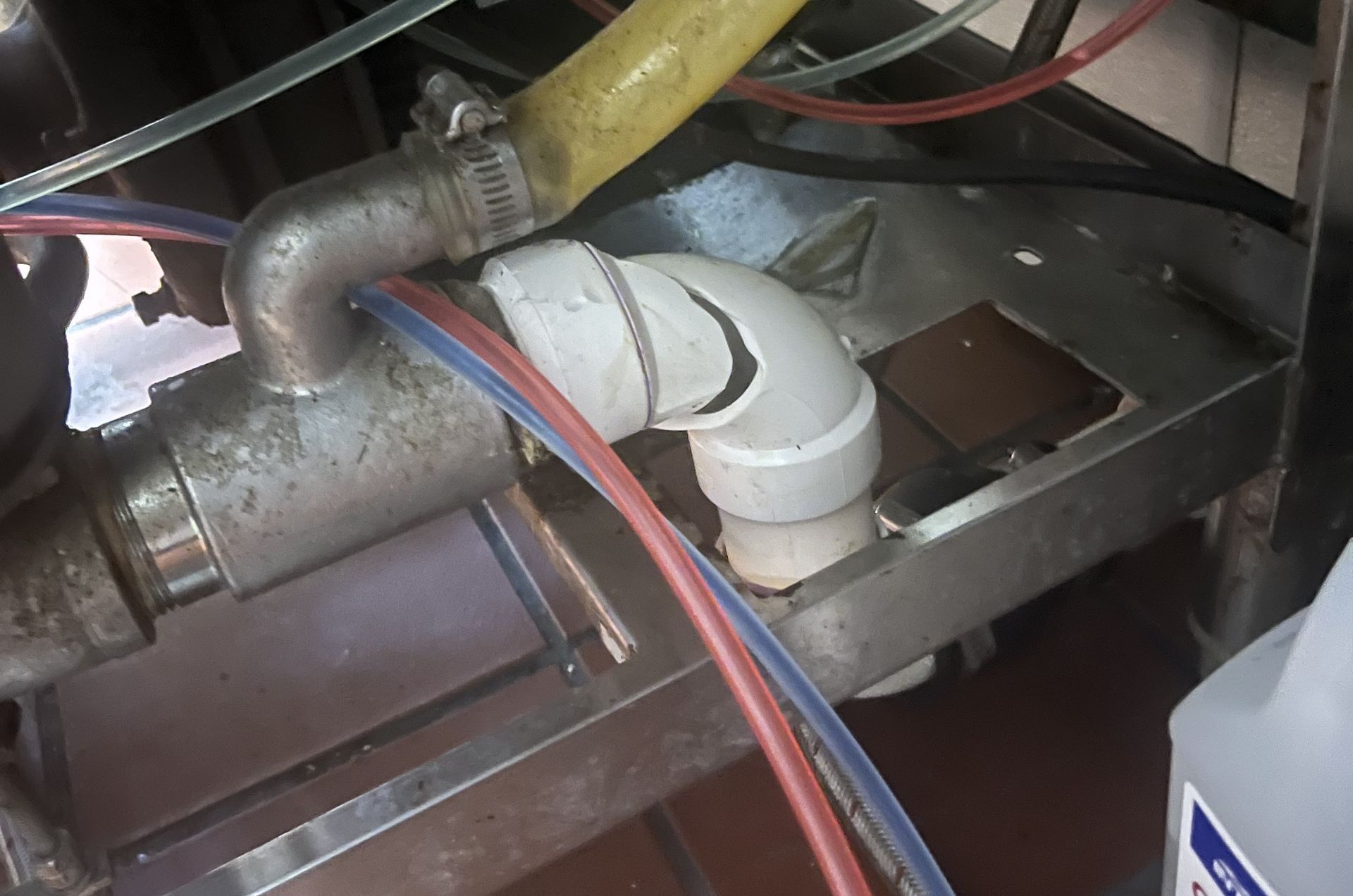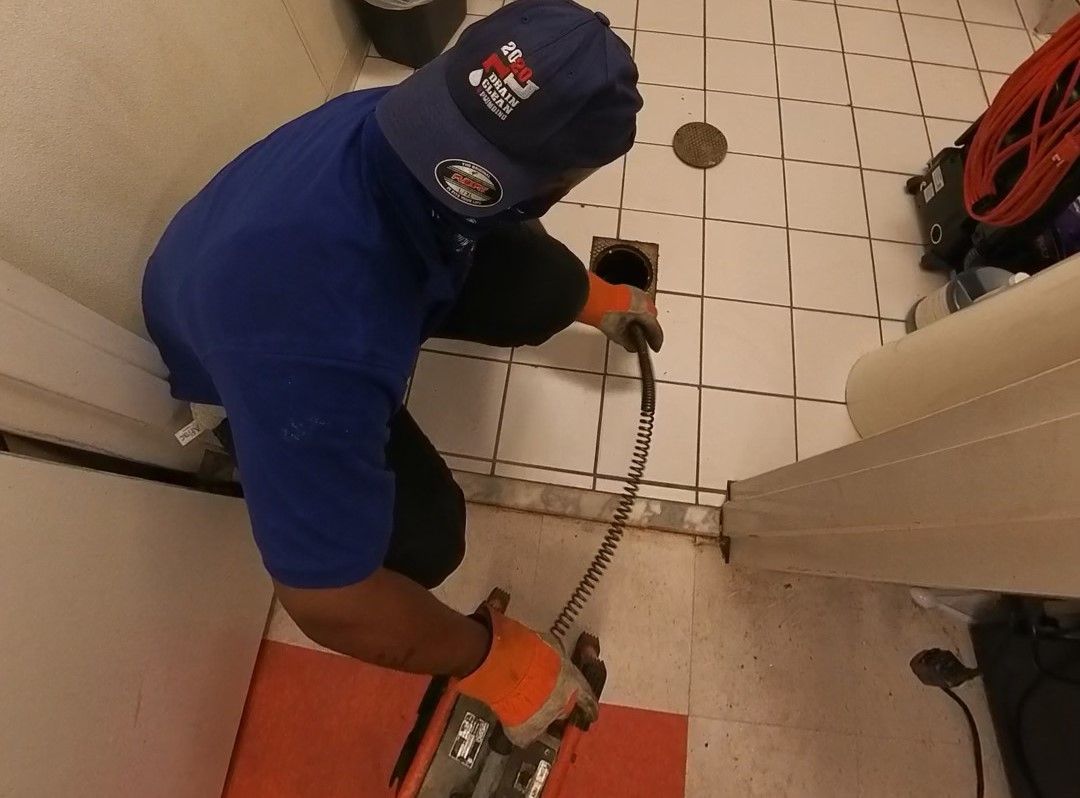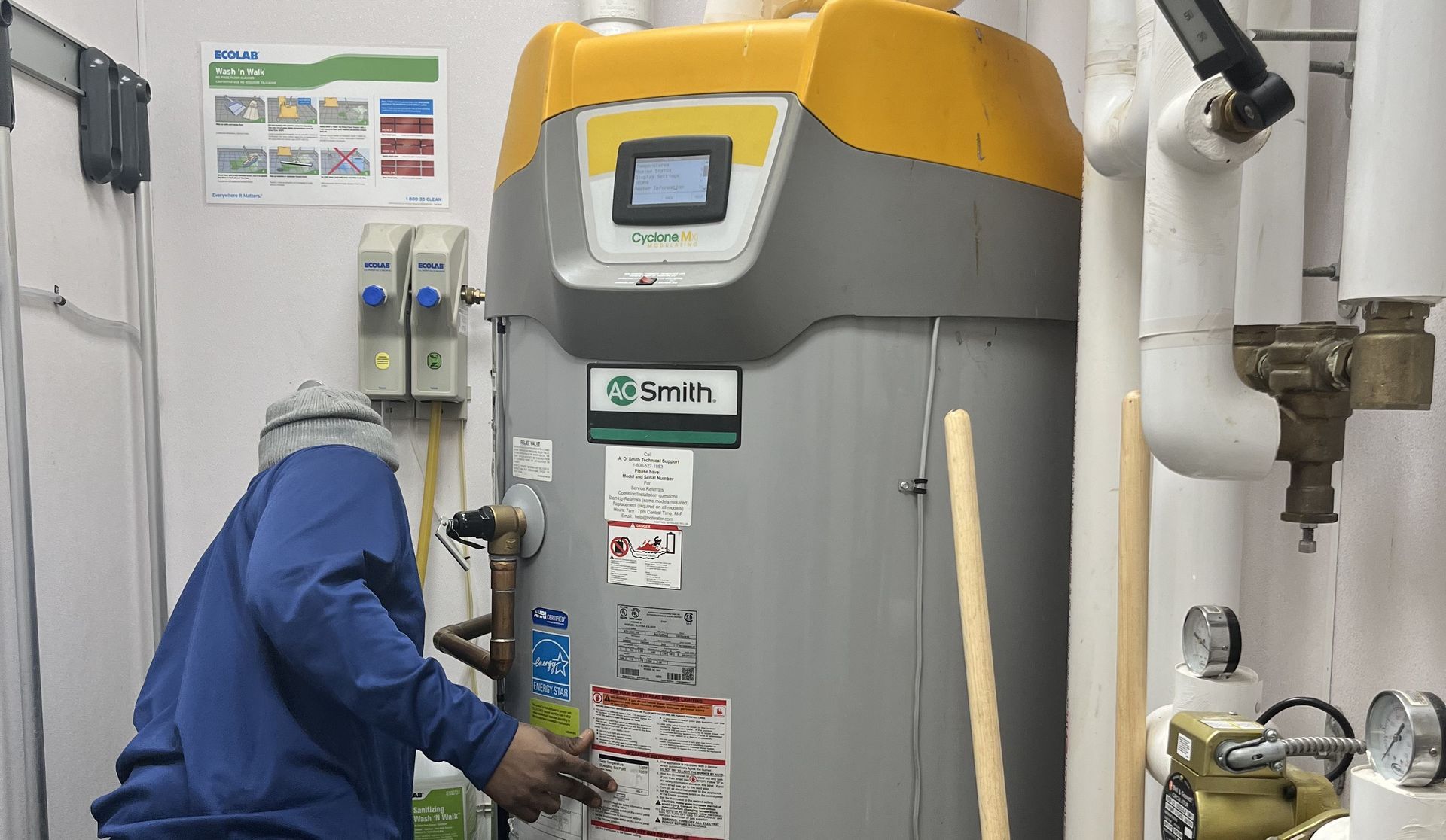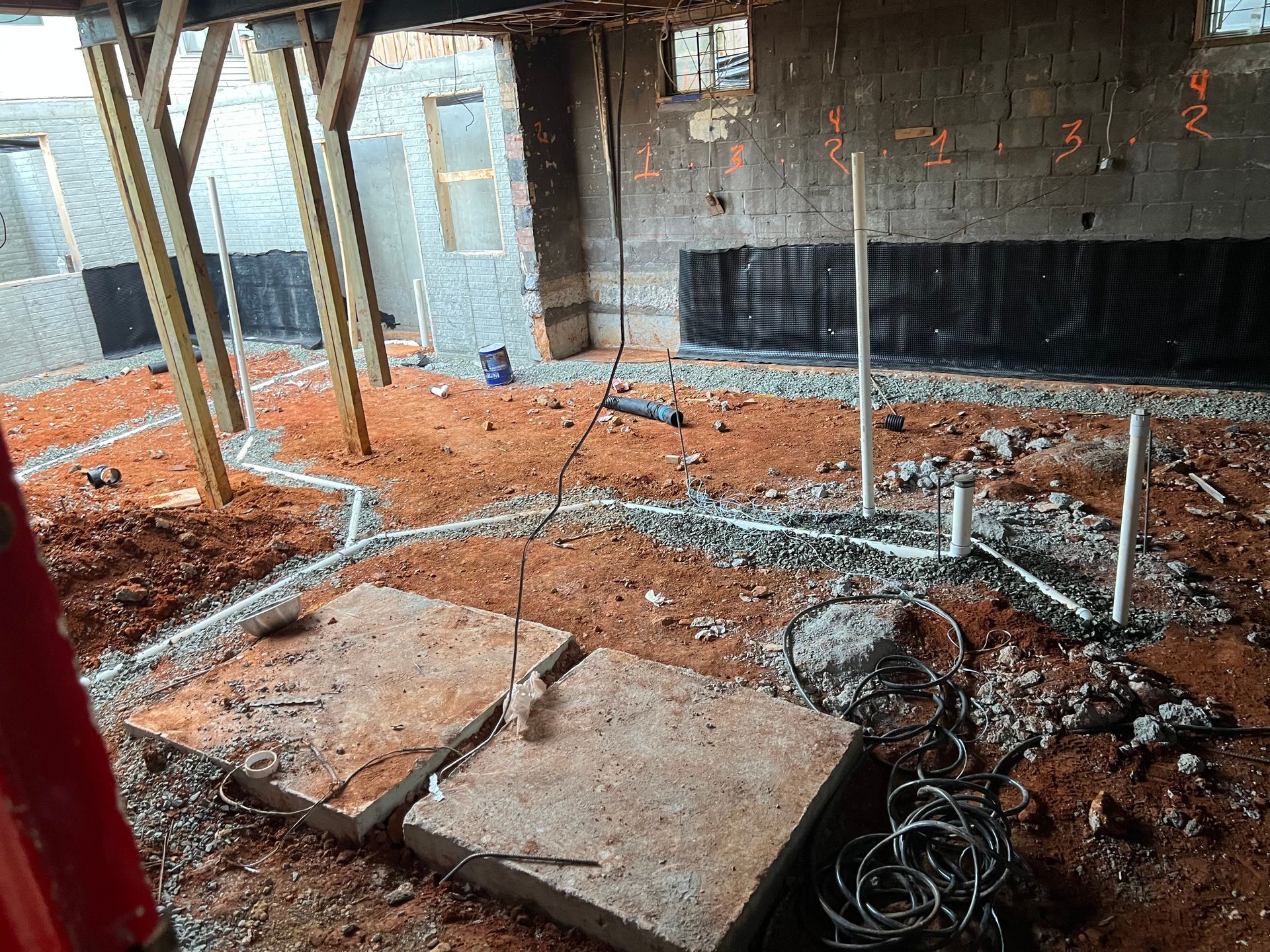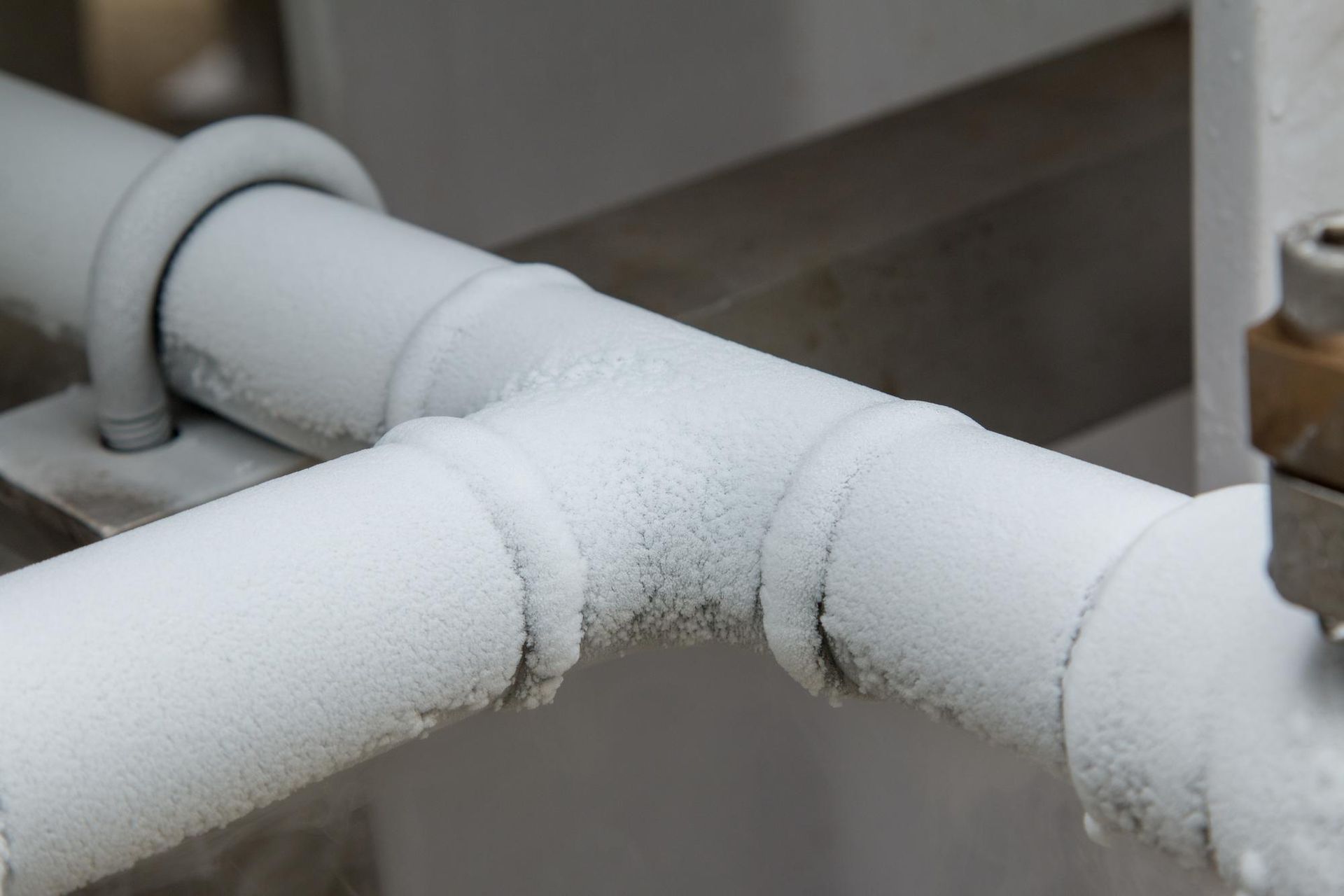Hot Topic: What to Do When Your Water Heater Leaks
The significance of a water heater in our daily lives often goes unnoticed until it starts to malfunction. The convenience of having hot water at the flick of a switch is unparalleled. However, when a water heater starts to leak, it becomes a hot topic that needs immediate attention. Let's delve into understanding how to handle such a situation effectively and answer the vital question, "is water heater leaking dangerous?".
Understanding the Leak
The first step in handling a water heater leak is to understand what might be causing it. Leaks in water heaters can result from a variety of factors. These include a malfunctioning temperature and pressure relief valve, a corroded storage tank, a broken drain valve, or excessive pressure buildup. Identifying the cause of the leak will guide the subsequent steps to be taken.
To do this, you must first turn off the power supply. If it's an electric heater, flip off the circuit breaker. For gas heaters, ensure that you turn off the gas supply valve. This will not only prevent possible damage to the water heater but also ensure your safety during inspection.
Safety First
Which brings us to the critical question, "Is water heater leaking dangerous?" The answer is yes; a leaking water heater can pose a risk to your household.
Firstly, a significant leak can result in water damage to your property. The accumulated water may seep into your floors or walls, leading to potential structural damages. In worse cases, if the leak is left unattended for an extended period, it could lead to mold growth, which has adverse health effects, including allergies and respiratory problems.
Secondly, there's an
electrical hazard if your water heater is electric. Water and electricity are a dangerous mix, and a leak could potentially cause an electrical short circuit, leading to a fire or electrical shock.
Lastly, a leaking gas water heater might pose a risk of gas leaks, which are incredibly hazardous. Even a small gas leak can lead to serious consequences, including a fire or explosion.
Therefore, a leaking water heater must be taken seriously and addressed promptly.
Acting on the Leak
Once you've identified the source of the leak and ensured safety measures, the next step is to take action.
- Temperature and Pressure Relief Valve (T&P Valve) Leak: The T&P valve on your water heater is designed to release water when the pressure or temperature inside the tank gets too high, preventing an explosion. If this valve is leaking, it might be doing its job, or it could be faulty. In the former case, the pressure inside the tank needs to be reduced. This could involve lowering the tank's temperature or checking if the water supply pressure is too high. If the valve is faulty, it would need to be replaced. It's advisable to contact a professional plumber in such situations.
- Drain Valve Leak: If the leak is from the drain valve, and it's minor, you may be able to fix it by tightening the valve slightly. Remember not to over-tighten, as this may cause more damage. If the leak persists, the valve may need replacement.
- Storage Tank Leak: If you observe that the water is coming from the tank itself, this could be a sign of internal corrosion. When the protective lining inside the water heater wears down, water comes into contact with the steel tank, leading to rust and eventually, leaks. In such cases, the entire water heater usually needs to be replaced.
Professional Help
It is crucial to remember that dealing with a leaking water heater isn't a typical DIY project. The combination of water, electricity, and in some cases, gas makes it a potentially hazardous task. Even if you've identified the cause, it's wise to call in a professional plumber to handle the repair or replacement.
Professional plumbers have the necessary experience and knowledge to handle these situations safely. They can assess the leak's severity, identify if there are any other underlying issues, and suggest a suitable course of action. They can also provide valuable advice on preventing future leaks and maintaining your water heater.
Preemptive Measures
While dealing with a leaking water heater is important, taking steps to prevent leaks is equally crucial. Regular maintenance, including checking the pressure and temperature relief valve, inspecting for signs of corrosion, and draining your water heater once a year to remove sediment, can increase the lifespan of your water heater and minimize the risk of leaks.
Implementing a replacement plan based on the average lifespan of your heater is also an effective preemptive measure, as older units are more prone to issues like leaks. Additionally, consider using water sensors that can alert you to leaks early, potentially preventing extensive damage and costly repairs.
Conclusion
A leaking water heater is indeed a hot topic requiring immediate attention, not just because it disrupts your comfort, but also due to the inherent dangers it poses. So, to answer the question "is water heater leaking dangerous?", the answer is a resounding yes. From structural damage to potential health hazards, electrical shocks, and fire risks, a leaking water heater could lead to severe consequences if left unattended.
This is where professional help becomes invaluable. In the Chantilly, VA area, 2020 Drain Clean & Plumbing stands out as a premier service provider. Renowned for their top-notch water heater repair services, they're ready to assist you at 703-677-0878. With a team of seasoned professionals, they offer prompt, effective, and safe solutions, ensuring that your water heater is back to optimal working condition swiftly.
Not only do they handle the immediate problem, but they also carry out a comprehensive inspection of your water heater system to identify any potential issues that could cause future leaks. Their commitment to customer service is evident in their speedy response and thorough services, ensuring minimal disruption to your daily routine.
Regular maintenance is key to preventing leaks, and
2020 Drain Clean & Plumbing offers routine check-ups to ensure your water heater is in its best state, prolonging its lifespan and preventing potential issues.
Therefore, it's essential to regularly monitor your water heater, carry out routine maintenance, and seek professional help like that offered by
2020 Drain Clean & Plumbing whenever you notice a leak. In doing so, you ensure the safety and wellbeing of your household while enjoying the benefits of your water heater.
Search
Recent Posts
Service Areas:
Aldie, Alexandria, Ashburn, Arlington, Burke, Centerville, Chantilly, Dale City, Dulles, Dumfries, Fairfax, Falls Church, Gainesville, Great Falls, Herndon, Lake Ridge, Manassas, Mclean, Nokesville, Sterling, Springfield, Stafford, Tysons, Triangle, Woodbridge and more in Northern Virginia
Our Mission
2020 Drain Clean & Plumbing mission is to be the last Plumbing company you ever need to find!
All Rights Reserved | 20/20 Drain Clean & Plumbing, LLC

